
Israeli lawyer Eitay Mack on bringing transparency to surveillance exports that threaten press freedom
“Many countries are using these technologies to put people in jail,” Israeli lawyer Eitay Mack told CPJ in a recent video interview. He was describing advanced surveillance capabilities, such as those that CPJ has documented being used to target journalists like Omar Radi and Maati Monjib, who were both jailed in Morocco in 2020. Israeli companies like NSO Group and Cellebrite market equipment to…
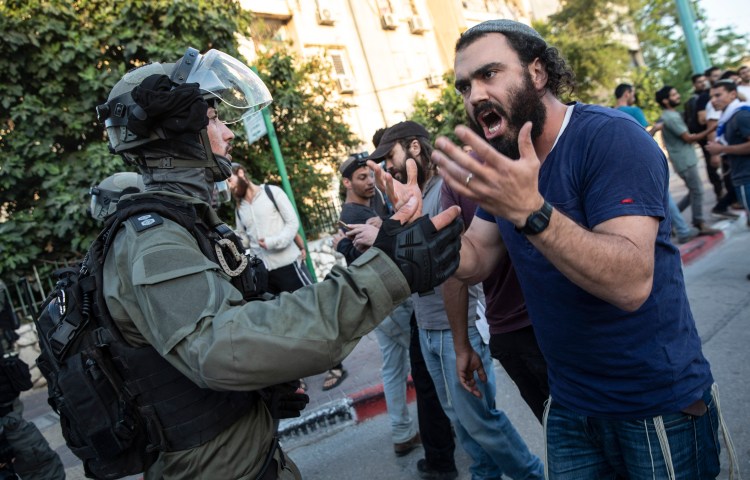
“The camera attracts violence”: Israeli right-wing groups attack local journalists
Israel’s May 15 bombing of The Associated Press and Al-Jazeera offices in Gaza made international headlines, as did the death of a Palestinian journalist in an air strike that may have been a deliberate attack on his home. There were many other press freedom violations during the recent flare-up, which included unusual levels of street violence between Arabs and Jews in Israeli…

CPJ joins letter urging NSO to act on commitments to curb spyware abuse
The Committee to Protect Journalists and eight other civil society groups today co-signed an open letter asking the Israel-based NSO Group company to deliver on its commitments to improve transparency about sales of its advanced spyware, and due diligence to protect human rights. Research by CPJ and other organizations indicates that the company’s Pegasus product…
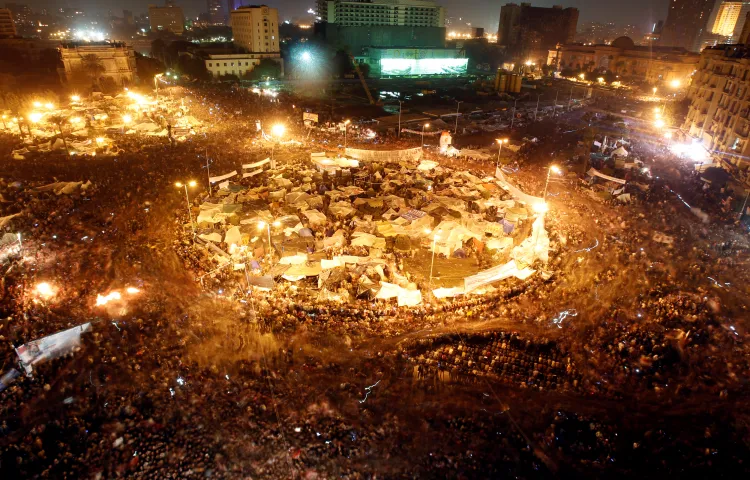
Ten years after the Arab Spring, the region’s media faces grave threats. Here are the top press freedom trends
In early February 2011, Alaa Abdelfattah was in Egypt’s Tahrir Square, documenting and participating in the nascent pro-democracy uprising that would topple the government and transform the country and the region. Today, he is in prison on anti-state and false news charges, which his family believes are partly retaliatory for his work. Abdelfattah is one of…
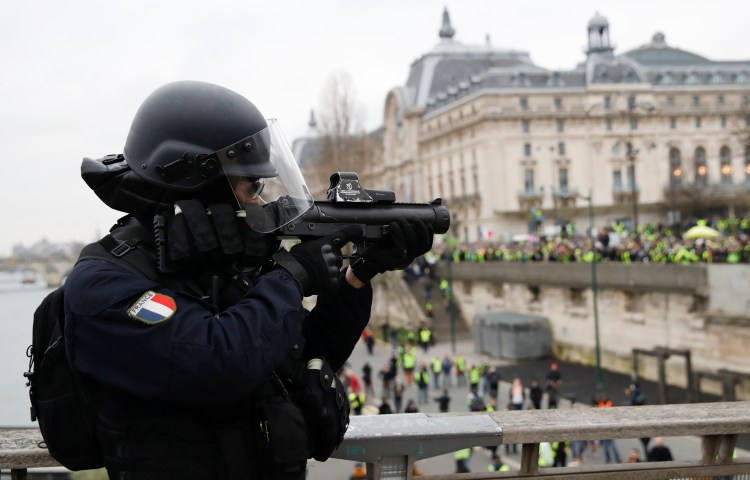
In an era of global protest, France and Israel stand out for use of dangerous ammunition
With the world gripped in a historic wave of unrest, journalists in no fewer than 65 countries – about a third of the world – have been attacked covering protests since 2015, according to a report I authored for a U.N. agency that was published today. One thing that stood out during my research for the report Safety…

On International Women’s Day, CPJ highlights jailed female journalists
On International Women’s Day, CPJ has highlighted the cases of female journalists jailed around the world in retaliation for their work. At least 33 of the 251 journalists in jail at the time of CPJ’s prison census are women. At least one of those–Turkish reporter and artist Zehra Dogan–was released in February after serving a…
Slideshow: Journalists killed in 2014
In 2014, at least 60 journalists and 11 media workers were killed in relation to their work, according to CPJ research. Local and international journalists died covering conflicts, including in Syria, Iraq, and Ukraine, while many others were murdered reporting on corruption and organized crime in their own countries. Here, CPJ remembers some of the…
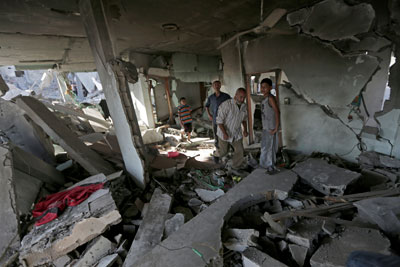
After journalist killings, potential violations in Gaza must be investigated
After 50 bloody days of conflict, it looks like a ceasefire may finally take hold in Israel and Gaza. Recently Gaza has been one of the deadliest places in the world for the press. According to CPJ research, at least seven journalists and media workers were killed on the job in four separate incidents.
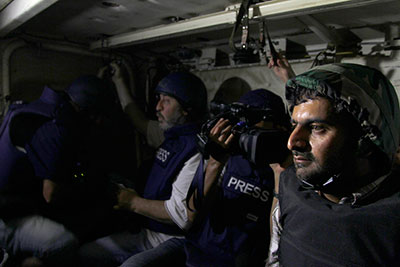
Arab journalists need training for civil unrest and wars
In recent years, Arab journalists have been taking great risks to report important stories in a region where war and civil unrest remain an ever-present threat. Many are operating without proper equipment or safety training in how to recognize and mitigate the various risks they face.
